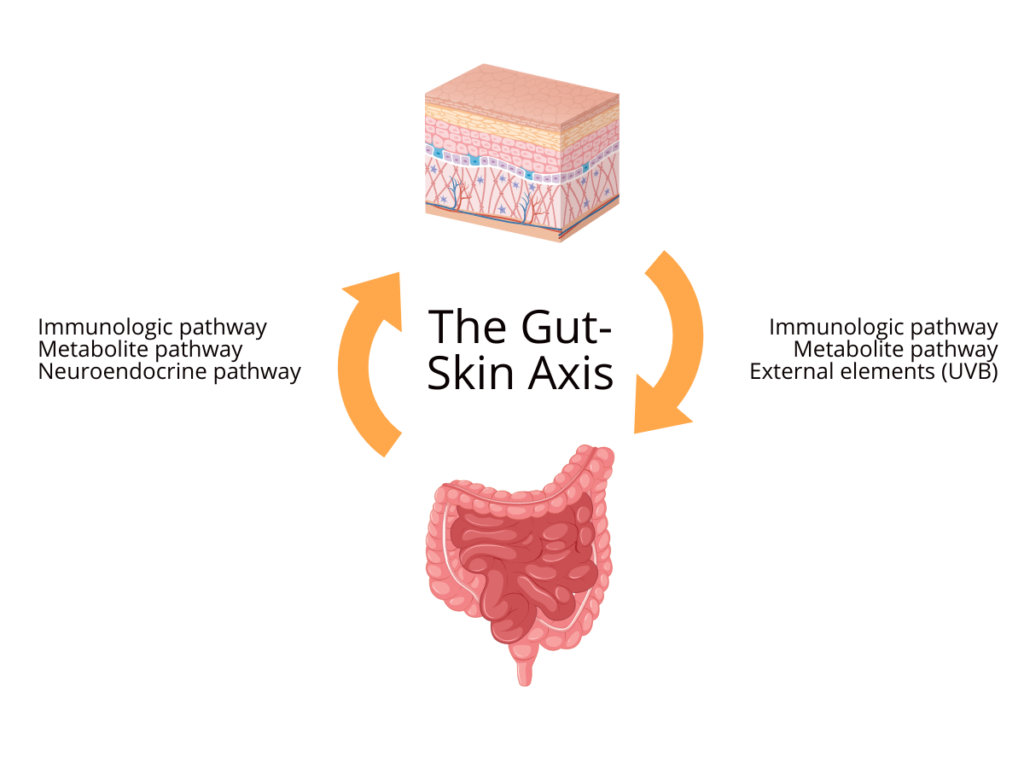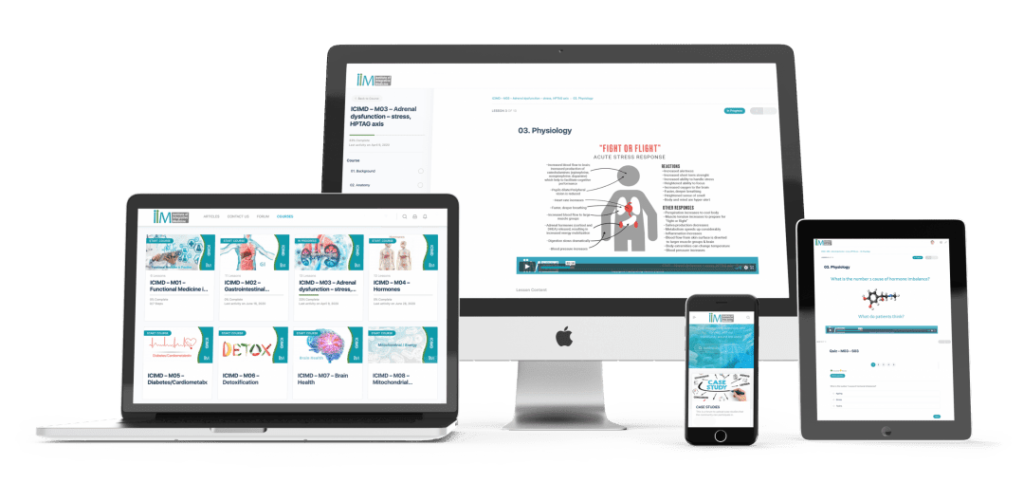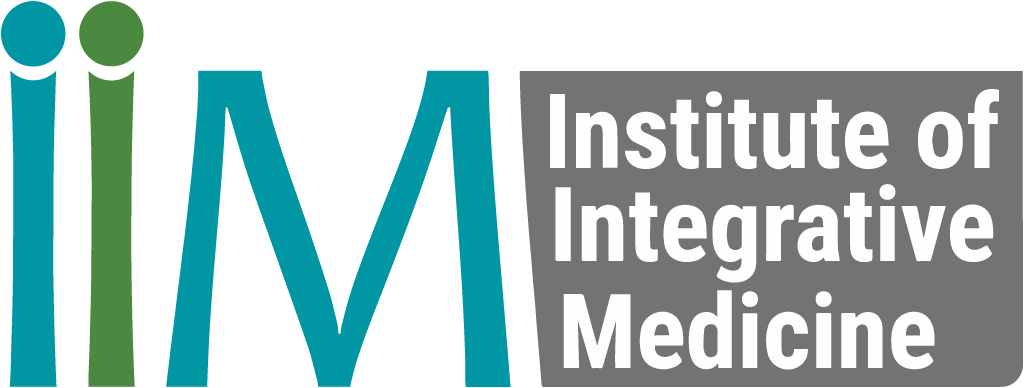Building a good relationship between our gut and our health
Gut health has become an increasingly popular topic when looking at health issues. The Microbiome, Gut Health and overall health are all linked and thus have to be analysed in combination to ensure efficient biological functioning. Gut dysbiosis can affect the skin and may also cause more debilitating symptoms in extreme cases in terms of gut permeability and leaky gut. This can be treated using the knowledge of good lifestyle practices, diet and supplementation.
Gut health has become increasingly important over the last decade. Technology and medical advancement has allowed us to understand a far greater spectrum of issues surrounding gut health. It has also allowed us to understand the very close link the gut has with the brain, skin, hormones and other systemic issues.
The body’s functions are all connected through a network of pathways. When the gut is out of balance, it can cause the onset of chronic symptoms, and eventually lead to issues such as irritable bowel syndrome. It is important to understand the symbiotic nature of the gut flora and our overall health. Gut health may influence overall function, from the development of disease to acne and skin conditions.
Gut Dysbiosis
Gut dysbiosis refers to the disruption of healthy bacteria in the gut, and is usually associated with negative health outcomes. The loss of good bacteria results in the overgrowth of bad bacteria and pathogens, and leads to chronic inflammation and overall systemic issues. Signs and symptoms of gut dysbiosis may look like:
- Cramps
- Diarrhoea
- Constipation
- Acid reflux or heartburn
- Acne, skin irritation
- Food intolerances
When the microbiome is out of balance, there can be major consequences for the host. The gut bacteria can become potentially harmful when there are changes in their composition. The gut can undergo such changes when exposed to antibiotics, stress, ageing, poor dietary habits, etc. Our lifestyle has a direct influence on the composition of our gut bacteria and may cause gut imbalance if we engage in unhealthy habits. The consequences of gut dysbiosis lead to chronic disease and harmful symptoms.
Irritable Bowel Syndrome (IBS)
IBS is a debilitating condition, in which the host experiences severe gut irritation and inflammation. This often causes a host of other issues like cramps, excess gas, bloating, discomfort and pain in the gut. IBS is a disorder that affects the large intestine and is something that most people have to manage long term. Small Intestinal bacterial overgrowth (SIBO) may be associated with the onset of IBS, where a regime of supplements and probiotics can assist in alleviating symptoms.
Irritable Bowel Disease (IBD)
IBD is a common term used to refer to two types of gut conditions – Crohn’s Disease and Ulcerative Colitis. These two types of gut conditions are characterised by extreme inflammation in the gastrointestinal tract (GI tract).
Ulcerative Colitis is thought to be caused by an immune dysfunction, when the immune response is prolonged in fighting off bad bacteria and viruses. Crohn’s disease is very similar, but can affect people in different areas of the GI tract. IBD is closely associated with the state of the microbiome and bacterial overgrowth in the gut.
The Gut-Skin Axis
The connection between an unhealthy gut and poor skin condition is currently a huge topic of interest in science. The skin is the largest organ we possess, and can be greatly affected when chronic inflammation is experienced. The onset of inflammation may affect the whole body on a larger scale, and lead to skin conditions like acne, rosacea, psoriasis, etc.

Rosacea and SIBO
Small intestinal bacterial overgrowth (SIBO) may have a direct impact on the condition of skin. A study found that people suffering with Rosacea are ten times more likely to have SIBO.
Dermatitis herpetiformis (DH) and Coeliac Disease
A study also found that those living with Coeliac disease are more likely to suffer from Dermatitis herpetiformis. Those that underwent gut treatment saw significant improvements to their skin conditions.
“Beauty starts from the inside out” is a term that we should keep in mind when investigating skin conditions. Usually, the reason why our skin presents issues is because there are larger issues happening within the body. The gut acts as a protective barrier between the interior of our gastrointestinal tract and the general circulation. The gut becomes inflamed when it is irritated. Some particulars that can cause irritation include alcohol, smoking, food allergies and medications such as antibiotics. From the point of irritation, we often experience inflammation due to immune responses and signals. Prolonged inflammation can lead to overall systemic (whole body) inflammation, which is often what causes the skin’s barrier to become less effective, leading to acne and irritation.
Gut Permeability and Leaky Gut
Gut permeability refers to the permeability of junctions between cells within the epithelial walls of the gastrointestinal tract. Leaky gut is associated with those cells being too widely separated, allowing toxins and harmful materials to flow into the bloodstream. When these unwanted materials enter the bloodstream, an immune response is triggered and inflammation occurs.
Both genetics and lifestyle management may play a huge role in a person’s susceptibility to Leaky Gut. Some of the largest driving factors behind gut inflammation and leaky gut are alcohol consumption, low fibre-high sugar diets (SAD), and genetic predisposition. Other factors may include medications such as antibiotics and Candida overgrowth.
Signs and symptoms of Leaky Gut
Leaky gut causes a variety of symptoms which may include:
- Bloating
- Gas
- Cramps
- Food Sensitivities
- Aches
- Pains
If one suspects they may have a leaky gut, it could be beneficial to seek out a pathology or GI Map Stool test. These tests look deeper into the body than just general symptoms, and could help to investigate an individual’s condition even further. Clinicians are able to use the data from these tests to properly investigate the root cause of the issue.
Treating Leaky Gut
There are a variety of ways in which we can treat Leaky Gut. One of these being the adoption of a good probiotic. Probiotics serve to promote and maintain a healthy microbiome by adding additional microorganisms to the gut. These healthy bacteria help to fight off pathogens which could later cause gut issues and inflammation.
Other lifestyle management tactics may include:
- Limiting alcohol use
- Using prebiotics in addition to probiotics
- Engaging in more physical activity
- Stress management
- Supplementation
Treatments and Preventions for Gut Health Issues
There are a variety of different treatment and prevention protocols for gut health. Supplementation is extremely important in today’s age, where nutrients in food have decreased and restricted time schedules may influence our dietary habits.
Some of the following supplements and lifestyle strategies may assist in the treatment, relief and management of gut issues and inflammation.
Probiotics and Prebiotics
The use of probiotics has been shown to yield promising results in the treatment of inflammation and gut irritation. Capsules can be taken on a daily basis to ensure that good bacteria are being fed into the microbiome. These live microorganisms help to defend against harmful pathogens and create a balanced environment for microflora to flourish.
Probiotics can be taken in capsule form, but can also be found in certain food items. These food items include yoghurt, kefir, kombucha as well as fermented foods (sauerkraut and kimchi). Implementing these foods into your diet may present significant change in your gut health.
Prebiotics refer to the dietary fibres necessary for maintenance of healthy bacteria in the gut. Microflora feed on fibre as a source of energy, to help sustain and manage a balanced ecosystem in the gut.
Supplements
Certain supplements can also aid in the treatment and prevention of pathogens, inflammation and microbiome imbalance. It is therefore important to supplement for gut health. The following are some supplement options:
- L-glutamine
- Peppermint oil
- Chamomile
- Psyllium
Lifestyle strategies
Although dietary supplements are necessary, when it comes to healing the gut, diet is one of the most important factors to take into consideration. Things like alcohol, processed foods, sugars and saturated fats may upset the synergy within the GI tract. Following a Low FODMAP diet may aid in the elimination of foods that may cause gut irritation.
It is also important to implement stress management within our daily lives, to ensure that the stress response does not affect our gut health. Stress management can look like:
- Meditation
- Yoga
- Exercise
- Mindfulness
Summary
It is important to look within the body and find the root cause in order to explain external issues. Gut health has become an increasingly popular topic when looking at health issues. The Microbiome, Gut Health and overall health are all linked and thus have to be analysed in combination to ensure efficient biological functioning. Gut dysbiosis can affect the skin and may also cause more debilitating symptoms in extreme cases in terms of gut permeability and leaky gut. Clinicians are now able to utilise modern technology to find the source of our health issues, thus leading to more effective treatment and prevention protocols. Integrative and Functional Medicine are currently at the forefront of these modes of treatment, and hope to find better solutions for their patients.
How do I Become a Functional Medicine Practitioner to learn more about The relationship between our gut and our health?

The Institute of Integrative Medicine is a global leader in the field of Integrative Medicine Education. Integrative medicine aims to be at the forefront of modern technology and new discoveries. In depth knowledge of how our gut affects our health is essential to enhance wellbeing. We offer certified online courses helping you to take charge of your practice and improve the quality of life for your patients. Find out more about the courses we offer today!
